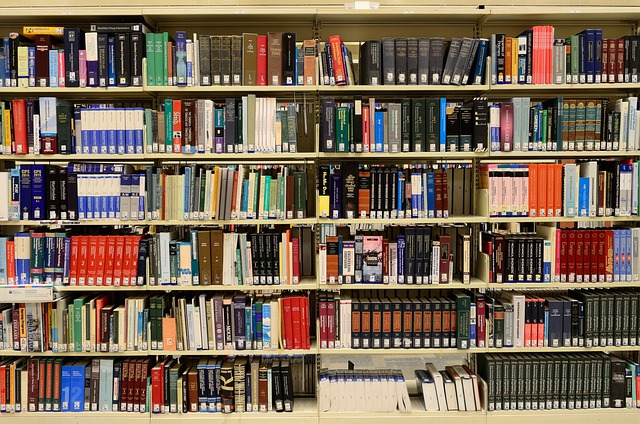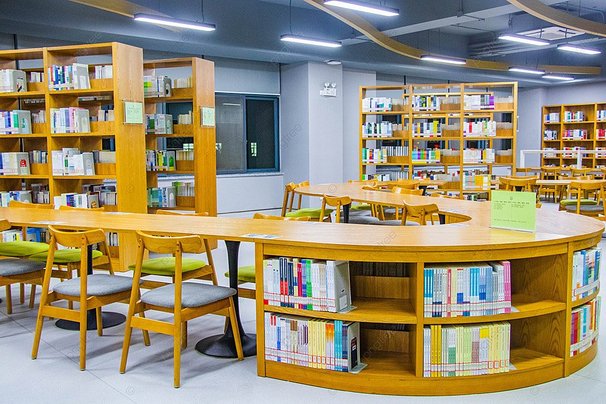Libraries play a crucial role in rural cities like Chercher for a variety of reasons, offering far more than just books. Here's why libraries are important to rural areas:
1. Access to Information and Education
Libraries provide access to books, journals, and digital resources that may not be readily available in rural areas. For people in these communities, libraries often serve as a primary source of information and education, offering a wide range of learning materials for students, adults, and lifelong learners. They help bridge the educational gap that can exist between urban and rural areas, providing resources for academic and personal development.
2. Digital Inclusion
Many rural areas have limited access to high-speed internet, which can hinder communication, job searches, and access to information. Libraries often provide free internet access, computers, and digital literacy programs, helping residents connect to the online world. This is especially important for students who need to complete homework, making them ready for higher education.
3. Community Hub
Libraries serve as a gathering place in rural areas, offering a safe and inclusive space for all members of the community. They host activities, meetings, workshops, and cultural events, bringing people together and fostering a sense of community. Libraries often serve as a hub for social interaction, reducing social isolation in remote areas.
4. Support for Education
In rural areas, schools may be underfunded or have fewer resources than their urban counterparts. Libraries support local schools by providing additional materials, offering tutoring programs, and supplementing school curricula. Libraries can also offer programs that encourage early childhood literacy, helping to prepare young children for school.
5. Social Equity
In rural areas where resources may be scarce, libraries offer free and equitable access to all, regardless of socio-economic status. They help level the playing field by providing services and opportunities to everyone in the community, helping to reduce inequalities that may exist due to geographic isolation or economic disadvantage.











